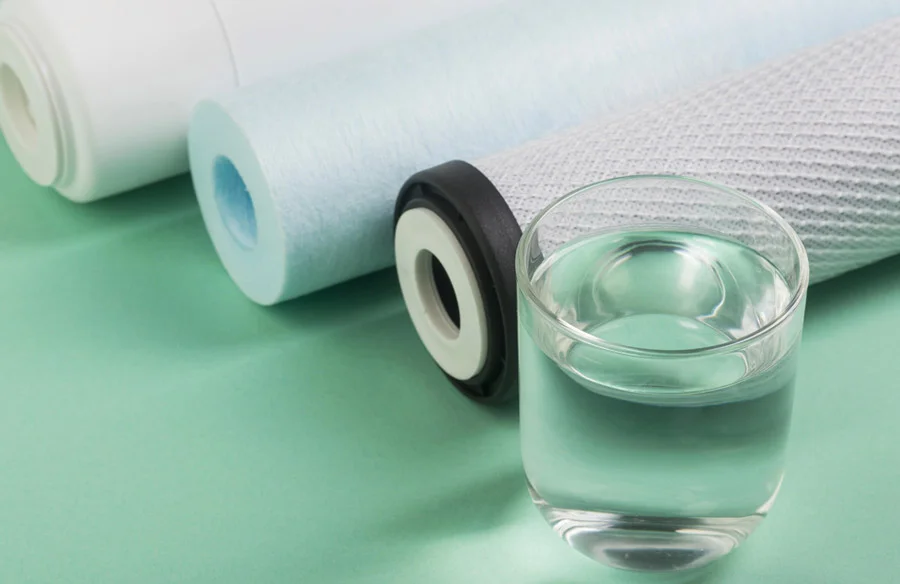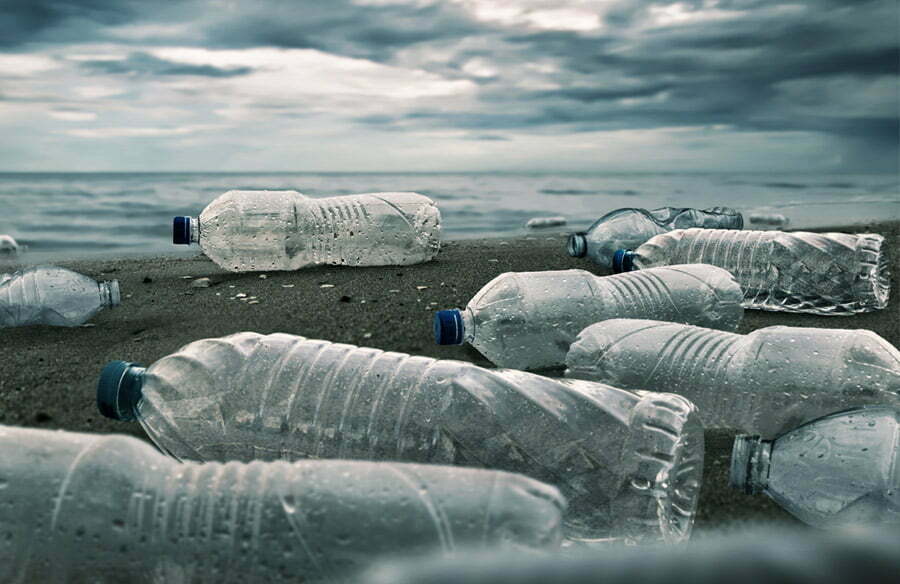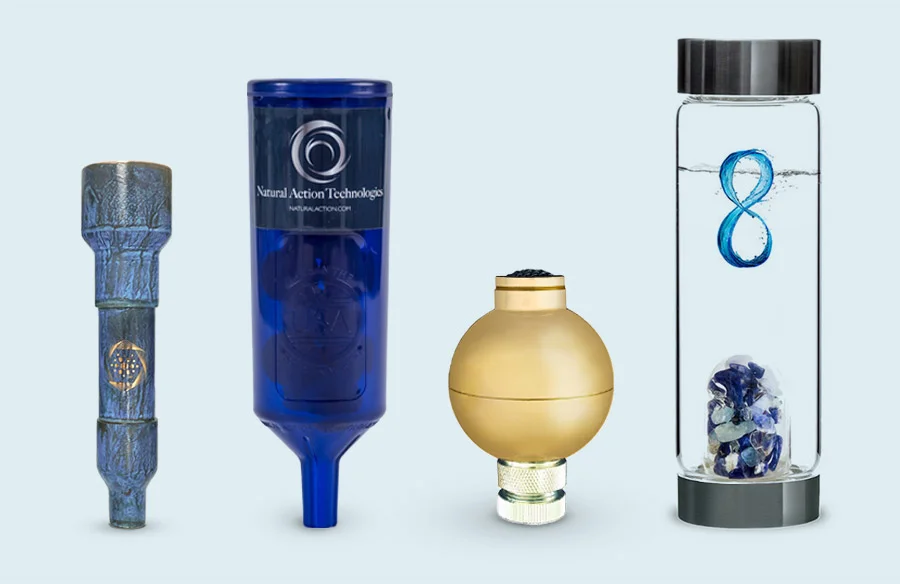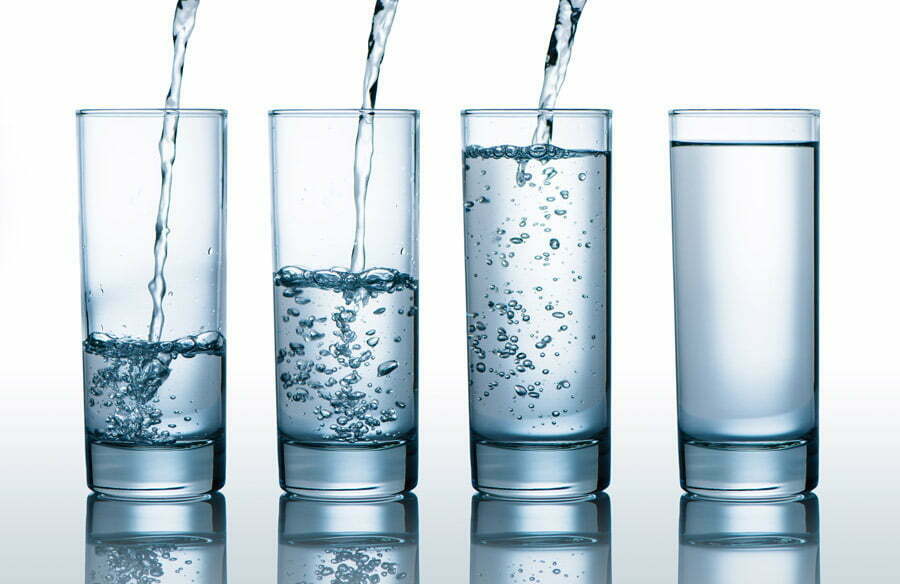You’ve probably heard of “fight or flight” as an instinctive response to a legitimate threat. It makes sense. When you’re in a bad situation your body’s sympathetic nervous system is triggered with a sudden release of hormones. Your adrenal glands start working doing their part, releasing adrenaline and a chain reaction begins, getting all of your organs to respond and react. After a big upset it can take a while to calm down. It’s understandable, your whole body just went on high alert. You need to make sure the threat is gone before you can trust that everything is ok.
In his book, The Gift of Fear: And other Survival Signals that Protect Us From Violence, Gavin de Becker describes how we have an innate ability to understand when we’re truly in danger or in an unsafe situation. But, we’ve been trained to second-guess and question those instincts. A non-stop barrage of stressful media stories, TV, and news delivered to our phones, causes us to unconsciously be in a state of high alert. Something bad might happen at any given moment. Deep down, without realizing it, we’re often bracing ourselves for the next bad thing. This is one of the reasons why you might feel like a deflated balloon the first few days of vacation. Vacations are supposed to be good. Vacations are expected to be relatively stress free. You can finally exhale and relax, at least for a week. And more often than not, you probably consciously acknowledge that you were more stressed than you thought you were.
On a cellular level, your body is constantly communicating with all of its parts. That includes your brain receiving messages from your cells that everything is ok. All is well in your world.
Well, what if your brain is getting signals that everything is not ok?
Even though those messages might be unconscious, or subtle they’re triggering a fight or flight response. You’re going to get the feeling, somehow, something is wrong, but you’re not exactly sure what it is. You might be grouchy or mad for no discernable reason. Internally, you’re contracting, bracing yourself in fight or flight.
That’s what dehydration feels like.
If water is the major part of the delivery system that distributes information and communicates with your cells, then being dehydrated is equivalent to seeing the fuel light go on in your car. The thing is, you don’t get a big red warning telling you that you have approximately 18 minutes to go before you run out of water. By the time thirst actually registers, you may have gotten depressed, anxious, sad or couldn’t concentrate. And it seemed real, but was it?
Experiencing base human emotions, the ones you’d rather avoid, is your body’s equivalent of the gas gauge light going on. Unfortunately, we’ve trained ourselves to pay attention to our thoughts about those feelings, not to immediately direct our attention to our hydration. Consequently, you might end up treating your symptoms rather than the root cause your problem. Human nature allows us to spin elaborate stories around why we feel badly. Then, those often sad stories become a part of who we are, a part of our identity. It doesn’t have to be that way. In the same way we may be inadvertently absorbing bad news we hear, we don’t have to unconsciously listen to or absorb our body’s stress response to dehydration.
How Emotions Affect the Water Inside Your Body
Dr. Masaru Emoto is a scientist well-known for his experiments showing that water could get consciously imprinted with words and emotions. He subjected different water samples to kind, loving words and then froze the water to show the crystalline structure. The water that had loving intentions directed toward it showed consistent, beautiful snowflake patterns. Water that was subjected to acid rock music and polluted water that wasn’t treated in any way, showed distorted patterns under a microscope when it was frozen. When you think about it, these experiments are not much unlike ones that have been done with plants. Plants that are lovingly cared for simply thrive. Plants that are neglected, abused, or not watered don’t farewell.
When you start getting dehydrated and negative emotions kick in, the water in your body is getting imprinted with those negative messages. Although this is happening unconsciously, you can create a conscious habit to stay ahead of your hydration and prevent those negative imprints from happening. Then, you can proactively avoid unnecessary downward emotional spirals.
Structured Water Helps You Relief Anxiety
Dr. Gerald Pollack is a scientist that was awarded the first Emoto Peace Prize for his research on water. He discovered the 4th Phase of Water, H3O2 the pure kind of water that’s found in nature, in fruits and vegetables and in your cells. A big part of his research discovery was that water is much more dynamic and adaptable than most anyone ever thought. And although he wasn’t the first person to determine that water could have a definite structure, he did conclude that hydrating with structured water was the fastest way to restore energy to your body and help your cells repair themselves. It turns out that 8 glasses a day is a myth. It’s not about the amount of water that you drink but the quality of water you drink.
This is what we’re all about at The Wellness Enterprise...helping you improve the quality of the water you drink. Helping you find the best path to optimal hydration so that you can stay healthy and happy. At the end of the day, that’s all anyone truly wants.
We spent years and years researching and thousands of dollars on different water systems to find the best ones. And we were our own guinea pigs, figuring out what products made us feel the best. We did all the hard work so you don’t have to. And our greatest wish is that you join us on this hydration journey. The rewards are most likely far better than you could ever imagine.
Greater clarity, better health and a life filled with more promise and optimism can be yours.
Are you ready?















